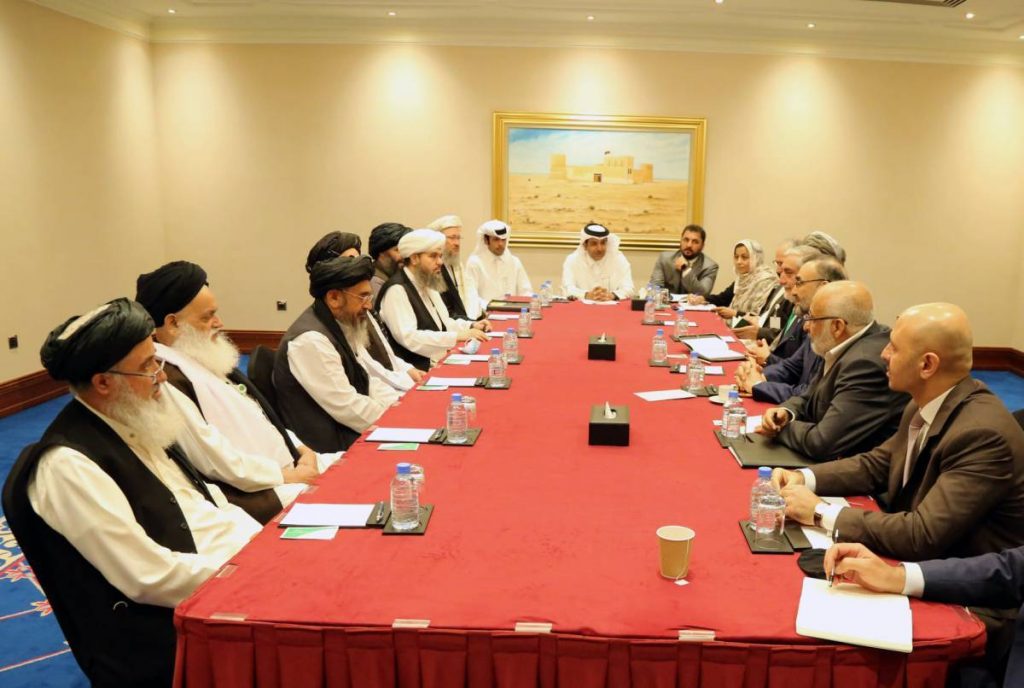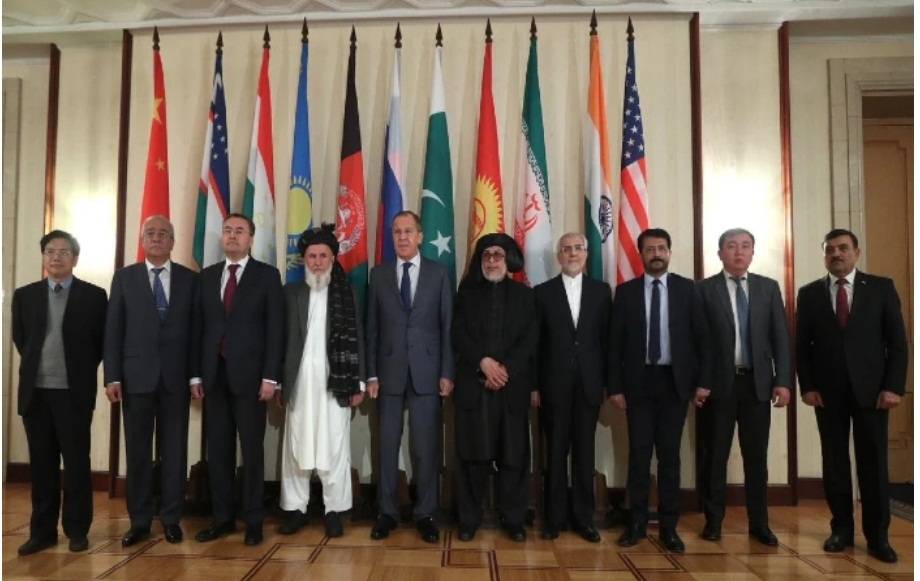Russia is hoping that the consultations on Wednesday could set the process of countering the threats of the spread of terrorism emanating from Afghan territory into motion, much more effectively than the Doha process….reports Asian Ateet Sharma
Russia is all set to host the Taliban along with other key countries, including India, United States, Iran, Pakistan and China in a fresh diplomatic push to resolve the crisis in Afghanistan.
There is a strong subtext to the October 20 Moscow format meeting. Analysts say that Russia hopes that the format will upstage the US-led Doha talks, which eventually led to the Taliban’s chaotic takeover of Kabul on August 15.
Russia is hoping that the consultations on Wednesday could set the process of countering the threats of the spread of terrorism emanating from Afghan territory into motion, much more effectively than the Doha process.
The Russian foreign ministry said yesterday that the visiting US Deputy Secretary of State Victoria Nuland was told that the mechanisms of the expanded troika, as well as the Moscow format, which includes the key countries of the region and the United States, have not lost their relevance.
“It can effectively contribute to the process of inter-Afghan reconciliation and the formation of an inclusive government, reflecting the interests of all ethnopolitical forces of the country,” said Maria Vladimirovna Zakharova, the representative of the Russian Foreign Ministry at Saint Petersburg on Thursday.

IndiaNarrative.com had earlier reported Russian Foreign Minister Sergei Lavrov as saying that the Moscow format continues to be recognised as the most effective mechanism for promoting external support for an Afghan settlement.
Introduced in 2017, the format is based on the six-party mechanism for consultations between special representatives from Russia, Afghanistan, India, Iran, China and Pakistan. The main objective of the format is to facilitate the national reconciliation process in Afghanistan and secure peace in the country as soon as possible.
“I’m convinced that the Moscow format has the best chance to succeed since the situation has already taken on a region-wide dimension, and neighbouring countries and countries located further away from Afghanistan are responding to it,” Lavrov had said a few days after the Taliban took control of Kabul.
Zakharova said yesterday that the agenda of the talks scheduled for October 20 with the Afghan delegation in Moscow would focus around the issues of post-conflict reconstruction of the country and the mobilization of consolidated assistance from the international community in order to prevent a humanitarian crisis in Afghanistan.
“An important topic will be further prospects for the development of the intra-Afghan process, with an emphasis on representing the interests of all ethnopolitical forces of this state in the new power structures that are being created,” she commented.
The growth of terrorism and drug production in the region as well as the risks of terrorist elements infiltrating into neighbouring countries amid a new surge in flows of Afghan refugees will also be discussed in detail in Moscow next week.

“Even though Moscow is clearly concerned about Taliban linkages with other terrorist groups as well as continuing terrorist activities in Afghanistan, it’s approach is to deal with the Taliban directly,” Professor Gulshan Sachdeva, Chairperson of the Centre for European Studies at the Jawaharlal Nehru University in New Delhi, told IndiaNarrative.com.
Less than a week before a Taliban delegation arrives, Russia is already shaping the conclave’s agenda by flagging the threat posed by the Islamic State, radiating from Afghanistan, into the region, including Central Asia, its backyard.
Russia is unconvinced that the Taliban, which is seeking non-interference, would be able to tackle the Islamic State, also called Islamic State in Iraq and Syria (ISIS), on its own.
Russian President Vladimir Putin had earlier said that militants with experience in waging war in Syria and Iraq were pouring into Afghanistan, thus posing a serious threat to the neighbouring countries.
Moscow is, in particular, infuriated after the ISIS terrorists targeted a Shiite mosque in Kunduz on October 8 – which left around 150 people dead and more than 200 injured – besides also launching an attack on a religious school in Khost province, killing seven people.
The Putin administration is aware of the two-day visit to Qatar by a delegation of the Taliban Movement led by acting Minister of Foreign Affairs of Afghanistan A H Mottaki and the negotiations that were held, including with representatives of the US Department of State.
(The content is being carried under an arrangement with indianarrative.com)

Leave a Reply